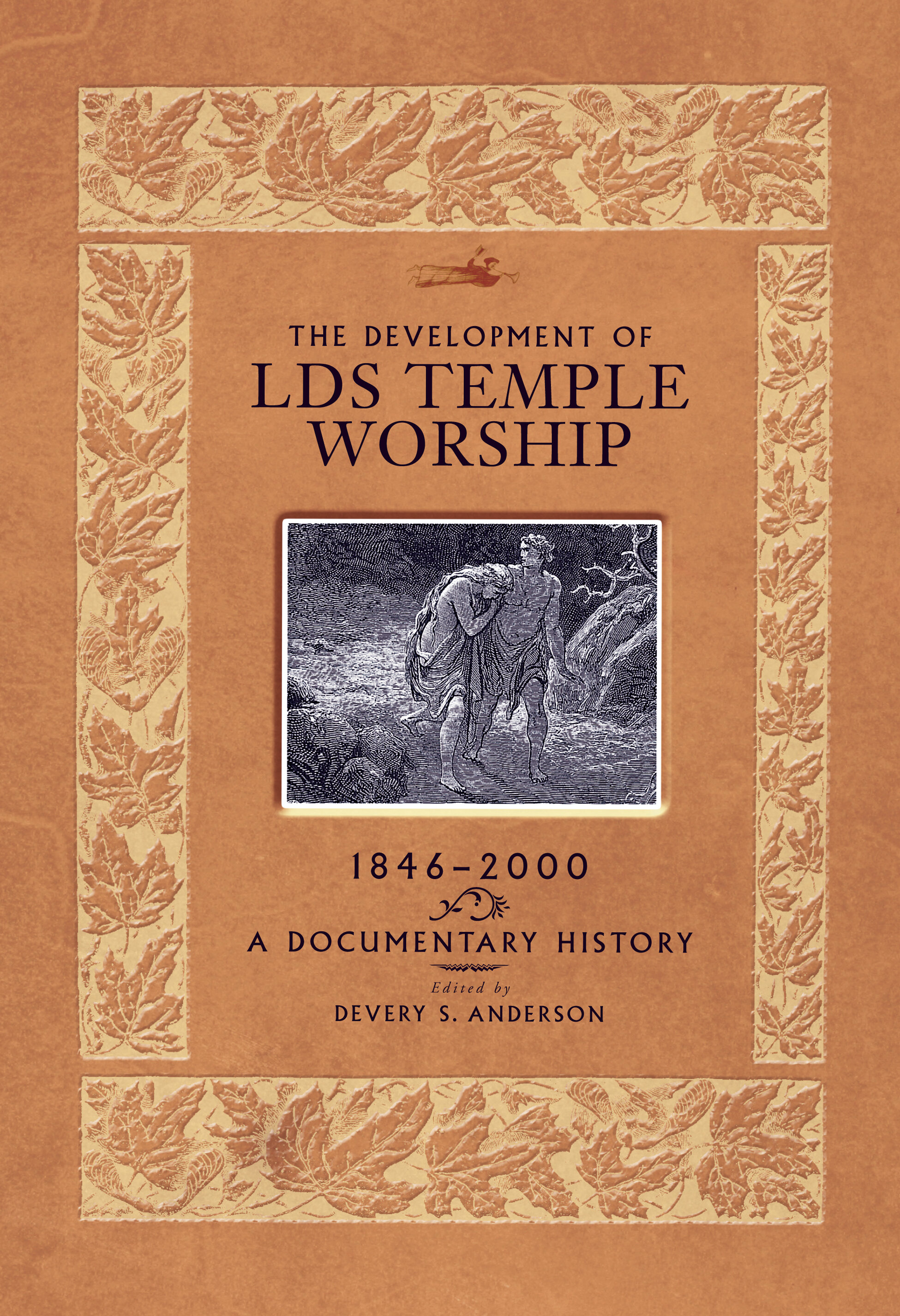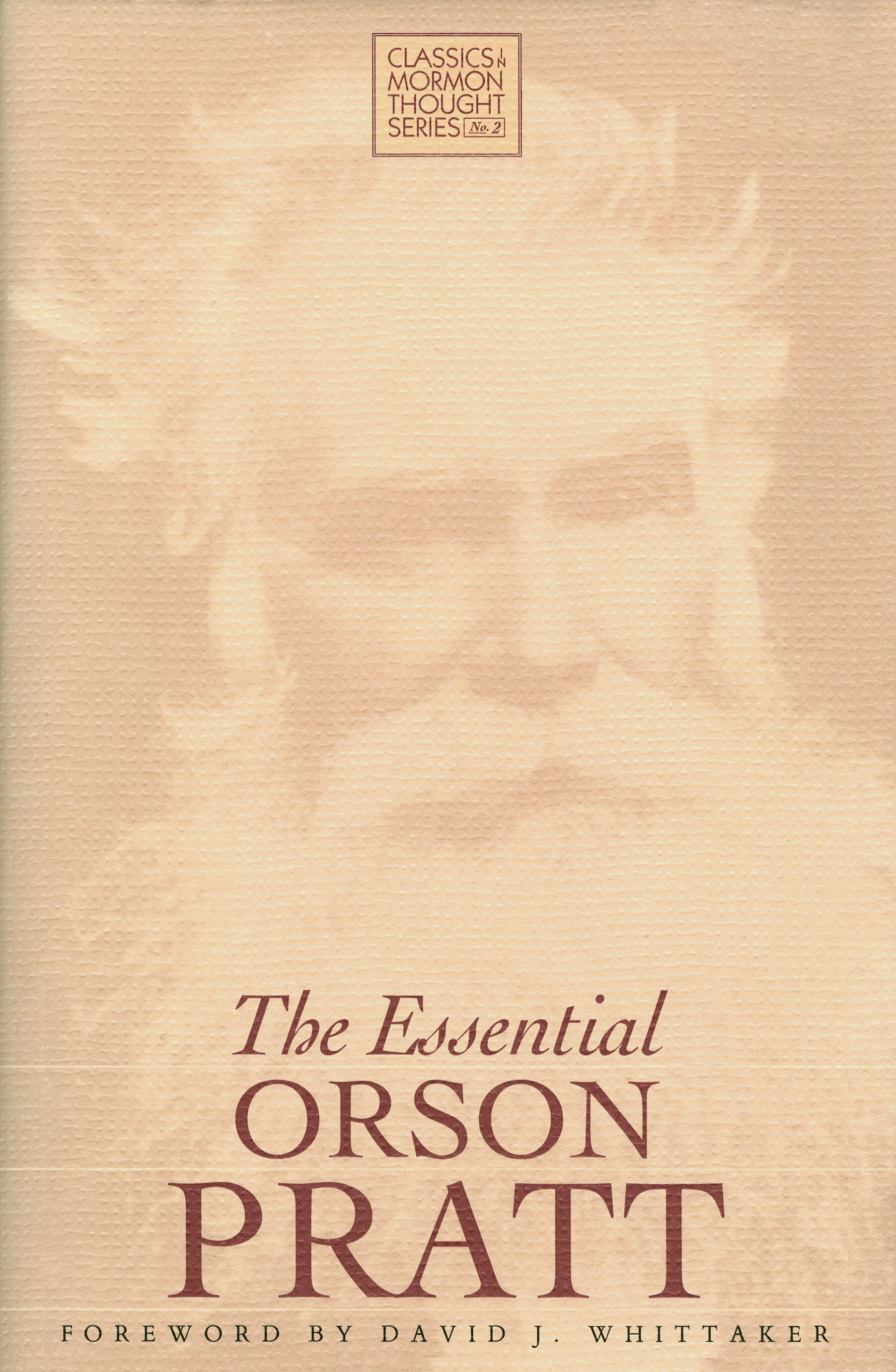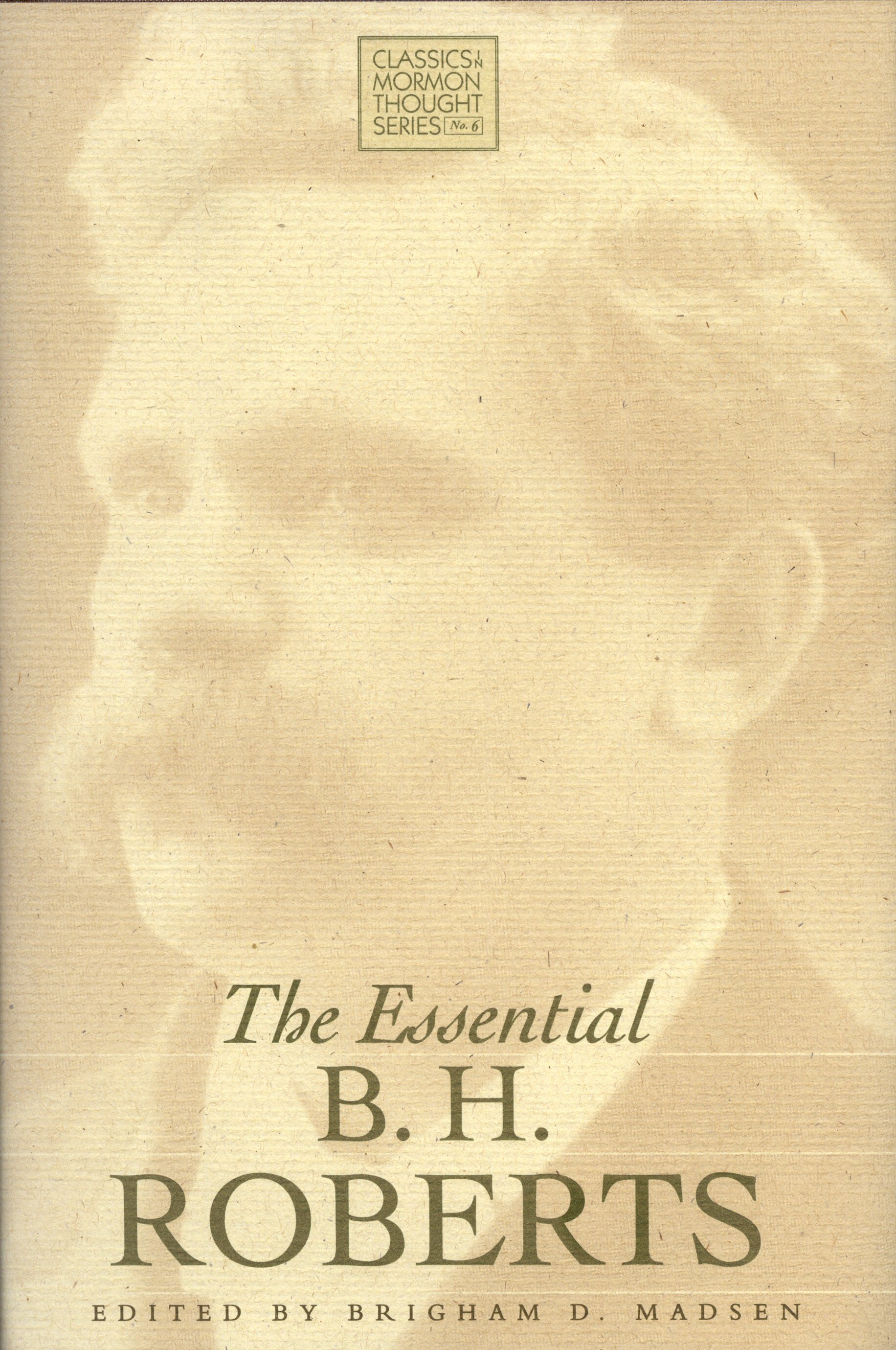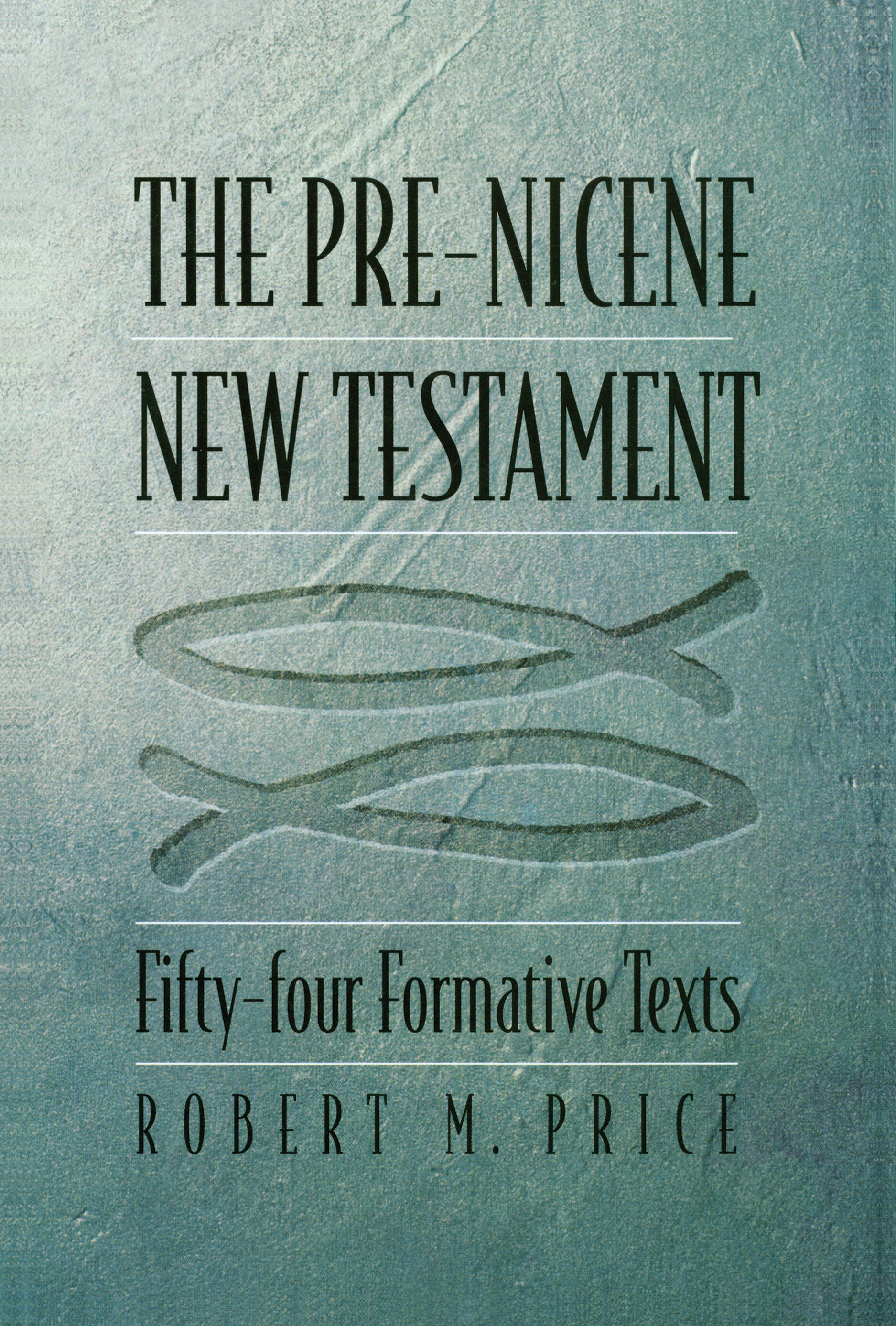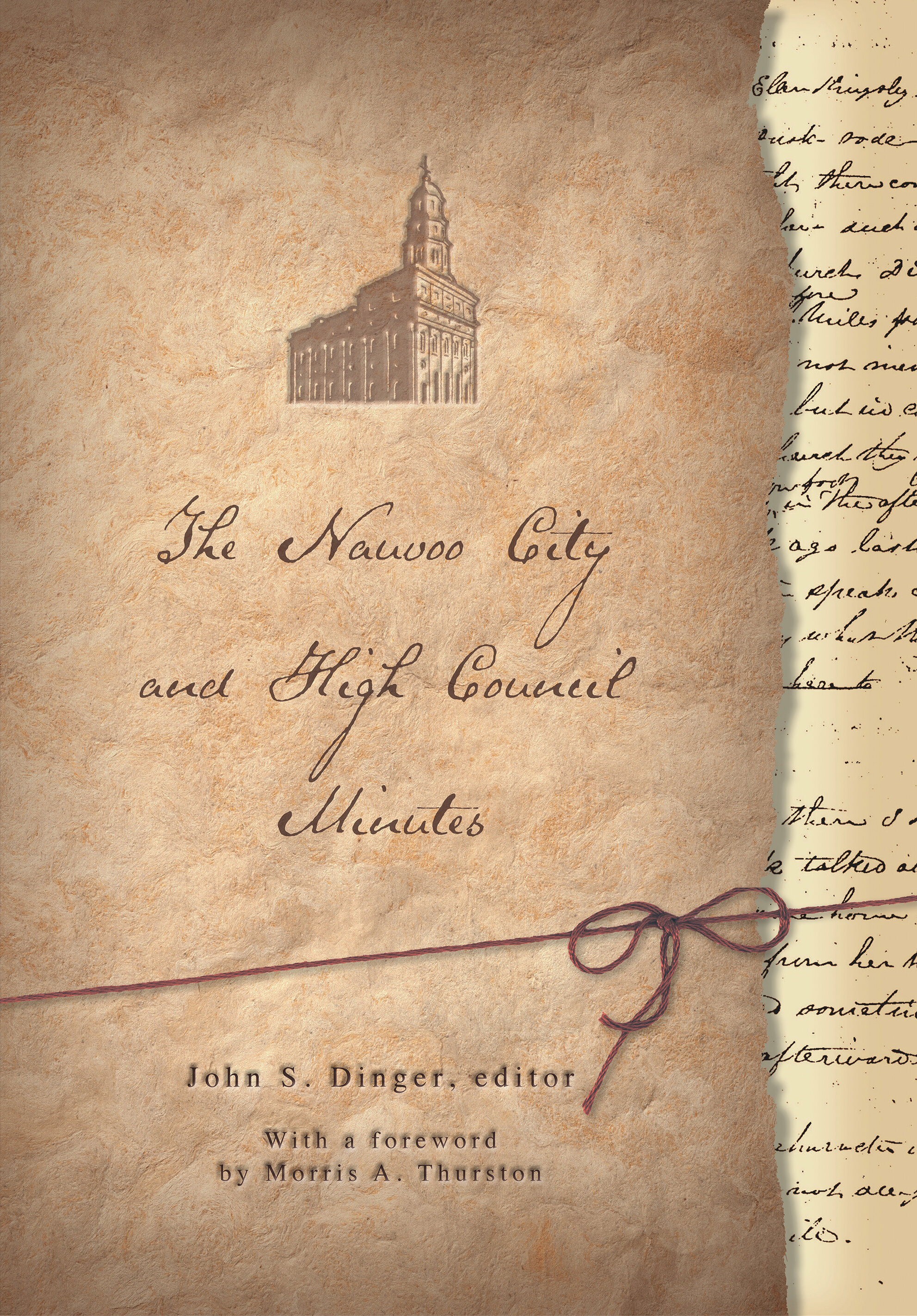The Mormon Church on Trial
The Mormon Church on Trial:
Transcripts of the Reed Smoot Hearings
edited by Michael Harold Paulos
Contrary to popular folklore, the LDS temple ceremony was not performed or recited in the US Senate chamber during the 1904–06 challenge to Reed Smoot’s election from Utah. Nor was it entered into the Congressional Record. The committee investigating Apostle–Senator Smoot’s qualifications wanted to know if temple participants promised to avenge the blood of the martyred prophet Joseph Smith and whether that vengeance was sworn upon “this generation” or upon “this nation,” the former being considered a matter of religious dogma and the latter possible treason against the United States.
However, senators did want to know about the LDS Church’s controversial practice of polygamy, especially since 1890 when the practice was formally abandoned. Surprisingly, church president Joseph F. Smith admitted that he had fathered eleven children by five wives since 1890. Asked about his role in receiving revelations for the church, Smith replied that he had received none thus far. Other questions probed the church’s involvement in politics, including action taken by the church against Apostle Moses Thatcher for saying that “Satan was the author of the Republican Party.”
To a large extent, the Mormon Church, not Senator Smoot, was the real target of the Senate’s scrutiny. Some felt uncomfortable about this emphasis. Senator Bailey (D-Tx) “objected to going into the religious opinions of these people. I do not think Congress has anything to do with that unless their religion connects itself in some way with their civil or political affairs.” But Smoot’s critics proceeded to show a convoluted tangle of Utah business, political, and religious affairs and what they considered to be un-American religious supremacy in all areas. They argued that a senator “legislates for 80 million people who hold as their most cherished possession . . . a respect for law because it is law, as Reed Smoot, unhappily for him, has never felt nor understood from the moment of his first conscious thought down to the present hour.”
hardback: $25.00 | ebook: $9.99
The Mormon Church on Trial:
Transcripts of the Reed Smoot Hearings
edited by Michael Harold Paulos
Contrary to popular folklore, the LDS temple ceremony was not performed or recited in the US Senate chamber during the 1904–06 challenge to Reed Smoot’s election from Utah. Nor was it entered into the Congressional Record. The committee investigating Apostle–Senator Smoot’s qualifications wanted to know if temple participants promised to avenge the blood of the martyred prophet Joseph Smith and whether that vengeance was sworn upon “this generation” or upon “this nation,” the former being considered a matter of religious dogma and the latter possible treason against the United States.
However, senators did want to know about the LDS Church’s controversial practice of polygamy, especially since 1890 when the practice was formally abandoned. Surprisingly, church president Joseph F. Smith admitted that he had fathered eleven children by five wives since 1890. Asked about his role in receiving revelations for the church, Smith replied that he had received none thus far. Other questions probed the church’s involvement in politics, including action taken by the church against Apostle Moses Thatcher for saying that “Satan was the author of the Republican Party.”
To a large extent, the Mormon Church, not Senator Smoot, was the real target of the Senate’s scrutiny. Some felt uncomfortable about this emphasis. Senator Bailey (D-Tx) “objected to going into the religious opinions of these people. I do not think Congress has anything to do with that unless their religion connects itself in some way with their civil or political affairs.” But Smoot’s critics proceeded to show a convoluted tangle of Utah business, political, and religious affairs and what they considered to be un-American religious supremacy in all areas. They argued that a senator “legislates for 80 million people who hold as their most cherished possession . . . a respect for law because it is law, as Reed Smoot, unhappily for him, has never felt nor understood from the moment of his first conscious thought down to the present hour.”
hardback: $25.00 | ebook: $9.99
The Mormon Church on Trial:
Transcripts of the Reed Smoot Hearings
edited by Michael Harold Paulos
Contrary to popular folklore, the LDS temple ceremony was not performed or recited in the US Senate chamber during the 1904–06 challenge to Reed Smoot’s election from Utah. Nor was it entered into the Congressional Record. The committee investigating Apostle–Senator Smoot’s qualifications wanted to know if temple participants promised to avenge the blood of the martyred prophet Joseph Smith and whether that vengeance was sworn upon “this generation” or upon “this nation,” the former being considered a matter of religious dogma and the latter possible treason against the United States.
However, senators did want to know about the LDS Church’s controversial practice of polygamy, especially since 1890 when the practice was formally abandoned. Surprisingly, church president Joseph F. Smith admitted that he had fathered eleven children by five wives since 1890. Asked about his role in receiving revelations for the church, Smith replied that he had received none thus far. Other questions probed the church’s involvement in politics, including action taken by the church against Apostle Moses Thatcher for saying that “Satan was the author of the Republican Party.”
To a large extent, the Mormon Church, not Senator Smoot, was the real target of the Senate’s scrutiny. Some felt uncomfortable about this emphasis. Senator Bailey (D-Tx) “objected to going into the religious opinions of these people. I do not think Congress has anything to do with that unless their religion connects itself in some way with their civil or political affairs.” But Smoot’s critics proceeded to show a convoluted tangle of Utah business, political, and religious affairs and what they considered to be un-American religious supremacy in all areas. They argued that a senator “legislates for 80 million people who hold as their most cherished possession . . . a respect for law because it is law, as Reed Smoot, unhappily for him, has never felt nor understood from the moment of his first conscious thought down to the present hour.”
hardback: $25.00 | ebook: $9.99
Michael Harold Paulos is a graduate of Brigham Young University and of the McCombs School of Business, University of Texas at Austin, where he was a Ryoichi Sasakawa Young Fellow. He is now a financial analyst with Kinetic Concepts Inc. (KCI) in San Antonio. He has published in the LBJ School of Public Affairs Journal, Journal of Mormon History, Sunstone, and the Utah Historical Quarterly. He and his wife have three boys, whom they are raising to be Utah Jazz fans.
Documentary History, History
ISBN: 978-1-56085-152-3


